
The coronavirus and people with learning disabilities research latest findings for Wave 3 have now been published.

The research findings provide lots more important information for us all in how we live with Covid inclusively and not leave people out.

This Wave of the research is based on interviews that were conducted in July and August 2021.

The findings reveal that many people with learning disabilities are still living restricted lives despite overwhelmingly doing their bit to help control the pandemic.
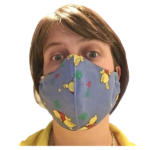
The research found most adults with learning disabilities are still wearing masks in public.

And more than nine out of 10 have had both doses of the COVID-19 vaccine, with the same again willing to receive a booster vaccine.
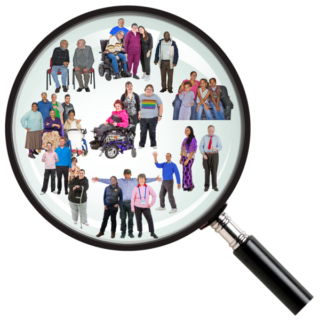
The research, led by Manchester Metropolitan University and Warwick University, was conducted with over 750 people in the UK.
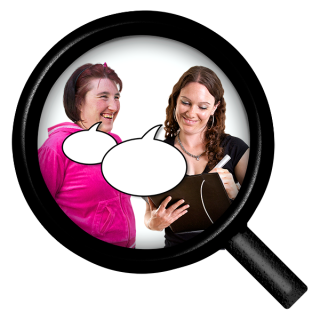
Researchers interviewed 489 adults with learning disabilities (known as Cohort 1).
And family carers and support staff from a further 280 adults with learning disabilities who could not take part in an interview themselves (known as Cohort 2).

The research found that over half of adults with learning disabilities remain worried to leave the house.
And more than one in five with profound and multiple learning disabilities are still shielding.
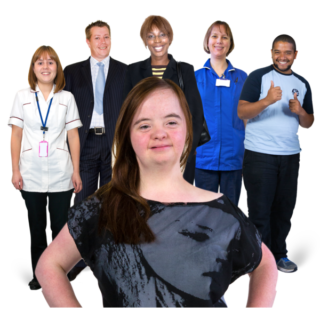
People’s level of support received has also not returned to pre-pandemic levels.
One in five adults with learning disabilities say they are getting less support now than before, with almost half of carers reporting the same thing.
Many are now paying for some of their support out of their own pocket.
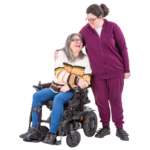
The pandemic is having a prolonged impact on carers too.
A a majority of family carers and paid support staff report experiencing disturbed sleep, high stress, and tiredness as a result of their caring responsibilities.
Many are unsure when the life of the person they support will return to what it was.

Dr Chris Hatton said:
“The blanket lifting of restrictions has brought new freedom to lots of people across the country as society looks to ‘return to normal’.
But it’s important to realise that this is not equal for everyone – and can actually be curtailing people’s freedoms rather than increasing it.”
